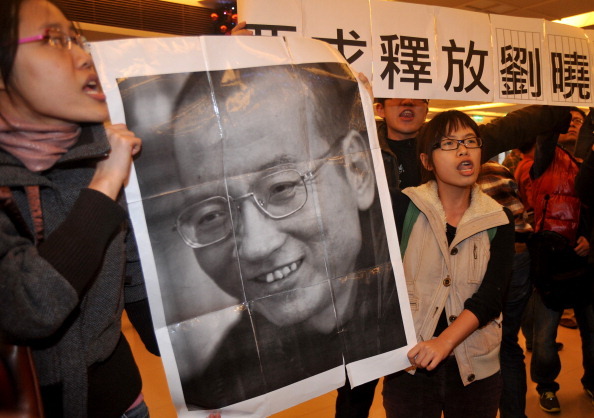Today, human rights and political activists continue to face opposition and sometimes punishment for using their voices to raise awareness on contemporary injustices. Following the death of Nelson Mandela earlier this month, Dominique Mosbergen published "Nelson Mandela Was Released From Prison After 27 Years. These 10 Political Prisoners Are Still Waiting" in the Huffington Post, sharing the stories of 10 activists "who are still suffering in jails around the world for standing tall in the face of repression." Their stories highlight acts of incredible courage, as well as the many global issues that still need attention to create a just society.
 In the United States, we enjoy the freedom of speech which many around the world do not. This freedom should be a motivation to emulate Harriet Beecher Stowe and use our talents and voices to express our opinions and advocate for justice. Which issues do you advocate for? How might you exercise your freedom of speech in the new year?
In the United States, we enjoy the freedom of speech which many around the world do not. This freedom should be a motivation to emulate Harriet Beecher Stowe and use our talents and voices to express our opinions and advocate for justice. Which issues do you advocate for? How might you exercise your freedom of speech in the new year? 

No comments:
Post a Comment